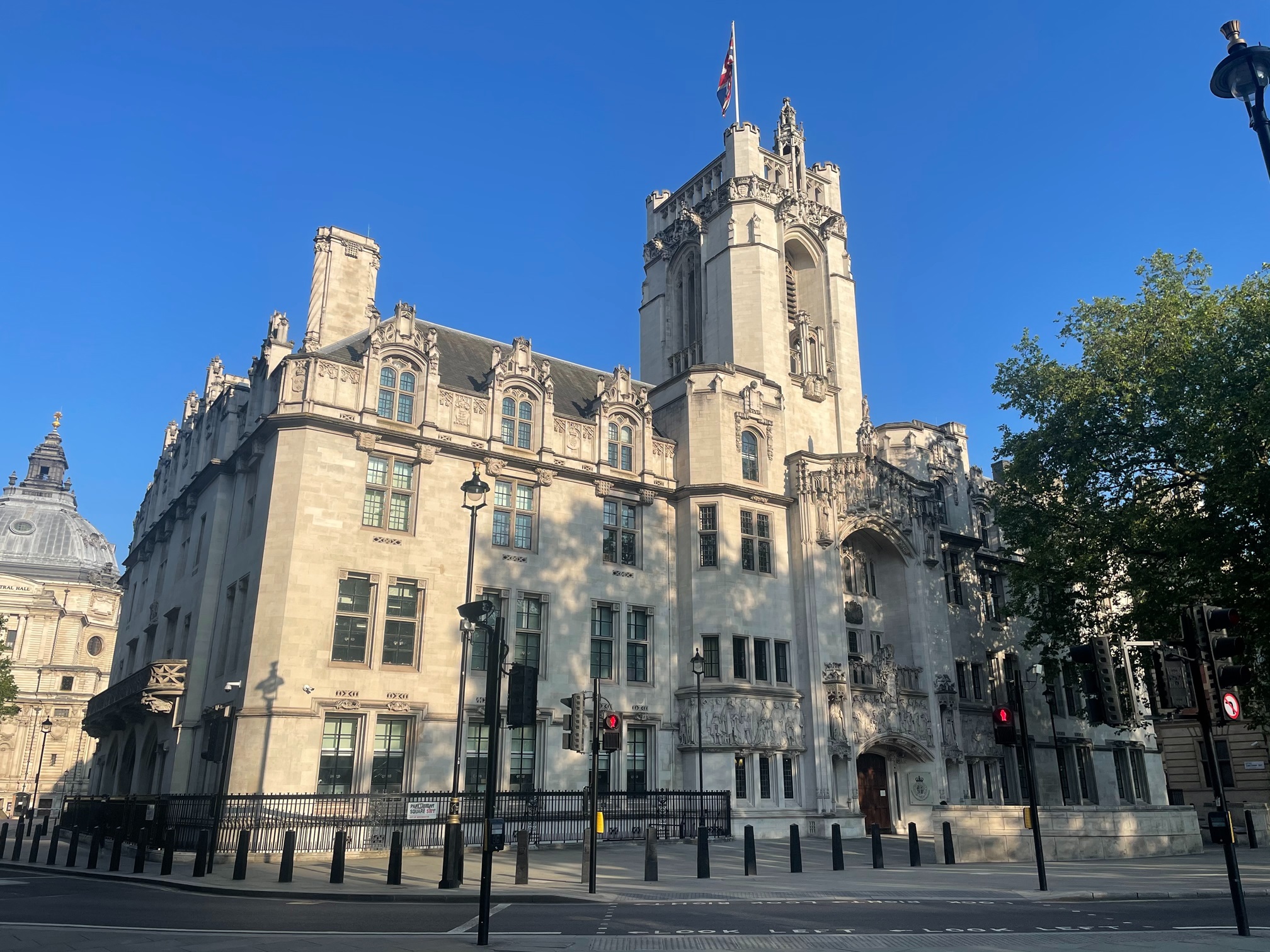The Supreme Court’s ruling on the government’s Rwanda asylum policy marks a crucial shift in UK immigration policies. Deemed unlawful, the decision prompts a reassessment of the strategy, initially targeted at addressing small boat crossings, highlighting legal and ethical concerns.
The Ruling’s Essence
The Supreme Court’s decision echoes the Court of Appeal’s concerns regarding potential human rights violations for individuals sent to Rwanda under the policy. It underscores the need for substantial revisions to ensure compliance with human rights standards.
Government’s Response and Future Directions
Prime Minister Rishi Sunak has expressed the government’s intent to forge a new treaty with Rwanda. This approach aims to establish a more robust legal framework for the policy, possibly through a formal treaty that could provide the required legal assurances. However, this effort faces significant challenges, as evidenced by the Supreme Court’s concerns over Rwanda’s asylum system.
Legal and Ethical Implications
The verdict highlights the “non-refoulement” principle in UK and international human rights law, safeguarding asylum seekers from harm in their home country. The unanimous ruling expresses doubts about Rwanda’s ability to fulfill its promises regarding the treatment of deported individuals
Political and Operational Impact
This verdict has profound political ramifications, particularly for Mr. Sunak, who has prioritised tackling illegal immigration. It also challenges the operational feasibility of the policy, as the UK now needs to explore alternatives for managing illegal crossings and asylum processes.
Critiques and Advocacy
The policy has faced staunch opposition, with charities and human rights organisations advocating for the abandonment of forcible removal to third countries. Critics argue that the policy is both cruel and ineffective, and the Supreme Court’s ruling reinforces these concerns.
Statistical Context
Over 100,000 individuals have illegally entered the UK since 2018, with many arriving in small boats. Though 2023 saw a decline, the policy’s future is uncertain amid legal challenges and the call for humane immigration strategies.
In Summary
The Supreme Court’s ruling signals a significant shift in the UK’s asylum and immigration policies. It calls for a careful review of strategies to address illegal crossings while respecting human rights and international law. The government’s upcoming actions, including negotiating with Rwanda and possibly amending domestic laws, will shape future immigration policies.
To find out more about immigration law, contact us today: 360 Law Services – Immigration lawyers
For more information in relation to the Rwanda Asylum Policy, head to the Gov.uk website to read their Rwanda (Asylum and immigration) Bill: Factsheet
360 Law Services Limited – England & Wales SRA Regulated Law Firm – Registered Number: 638684
360 Law Services Limited, a reputable law firm in England and Wales, regulated by the Solicitors Regulation Authority, boasts a team of 73 skilled solicitors. Many of our professionals have refined their expertise at prestigious law firms, guaranteeing top-notch advice and representation for our clients.
Each solicitor at 360 Law Services Limited brings, on average, an impressive 12 years of post-qualifying experience, guaranteeing knowledgeable, seasoned, and practical legal advice across a myriad of legal disciplines. We are committed to providing our clients with tailored, strategic solutions that cater to their unique legal needs.
For top-tier legal guidance and solutions, please do not hesitate to contact us at enquiries@360lawgroup.co.uk. At 360 Law Services Limited, we are dedicated to navigating and resolving your legal challenges with unparalleled professionalism and expertise.



